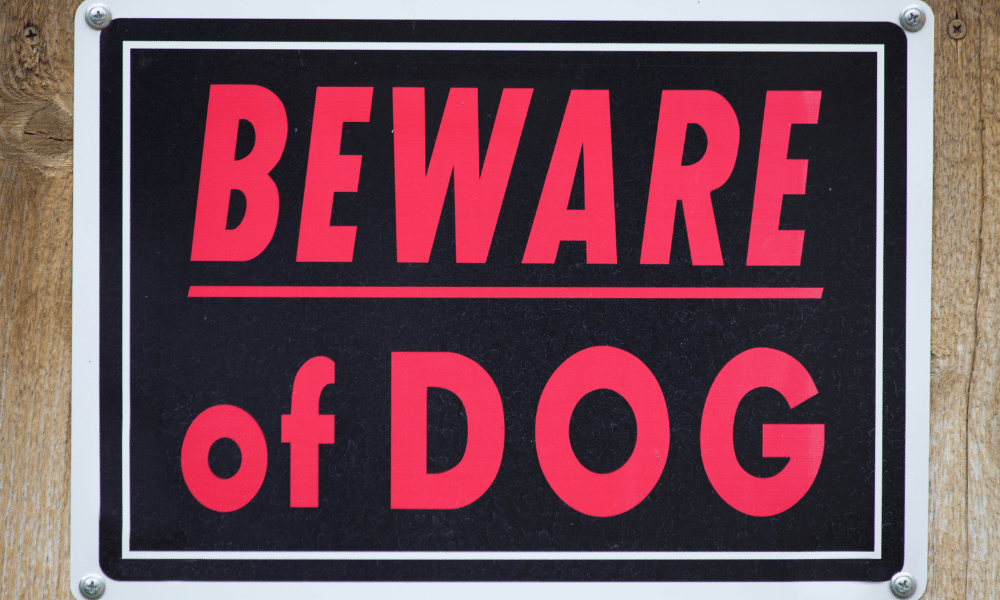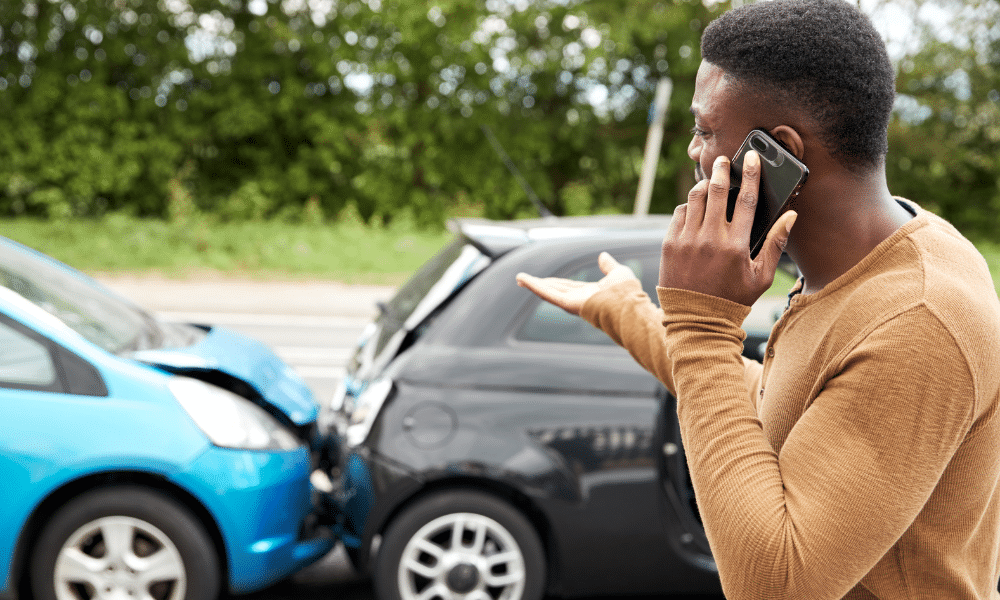When someone is injured due to the negligence or recklessness of another person in New Jersey, they may be entitled to file a personal injury claim. To do so, the injured person must establish fault.
Establishing fault is essential as it will determine who will be held liable and how much compensation the injured person will receive. The core of the personal injury lawsuit will be proving NEGLIGENCE.
What is Negligence?
Negligence is a legal concept that refers to an individual’s failure to act responsibly or reasonably in certain circumstances. When someone acts negligently and their actions result in harm being done to another person, they are said to be legally liable for the injury suffered.
To prove negligence in a court of law, certain criteria must be met. This includes demonstrating that the defendant had a duty of care towards the plaintiff, as well as showing that this duty was breached – resulting in foreseeable harm and financial damage being incurred by the plaintiff.
When assessing potential negligence cases, many lawyers look at factors such as foreseeability (could the defendant have reasonably foreseen the potential injuries), objectivity (whether proper procedures were followed), and due diligence (were steps taken to prevent injury). If these factors align with what can be expected from a reasonable individual under similar circumstances, then usually negligence will likely be established in court.
When someone is injured due to the negligence or recklessness of another person, they may be entitled to file a personal injury claim. To do so, however, the injured party must first establish fault. Establishing fault can sometimes be difficult and requires an investigation into the events leading up to the accident as well as determining who was negligent or reckless in causing it.
Three Guidelines For Determining Fault
Below are some key guidelines for determining fault in New Jersey personal injury cases.
Liability
The most important question when establishing fault in a personal injury case is who is liable for the injury. This question requires an investigation into what happened leading up to the accident and who was negligent or reckless in causing it. In certain cases, multiple parties may be found at fault for different reasons and levels of negligence. Determining liability can get very complex and require help from experienced attorneys familiar with New Jersey law.
Negligence & Recklessness
When determining fault, one must examine both negligence and recklessness. To put it simply, negligence refers to carelessness or failure to act reasonably under certain circumstances; this is usually equated with mistakes made by an individual that leads to harm being done to another individual.
Alternatively, recklessness refers to someone consciously disregarding possible danger or risk that could result in harm to others. Both concepts are taken into consideration when assessing how much one party should be held liable for the injuries sustained by another in a personal injury case.
Comparative Negligence
In accidents where multiple parties are determined partially responsible, courts use something called “comparative negligence” to ensure that all individuals involved are fairly compensated for their role in causing the accident leading up to injury.
Comparative negligence looks at how far each party contributed to causing the accident and uses this information as a basis for assigning each party a percentage of responsibility; this percentage then determines their level of compensation accordingly according to NJ law.
In sum, assessing blame and determining financial responsibility following an accident involving personal injury can become complicated quickly — so if you find yourself facing such a dilemma here in New Jersey, working with an experienced lawyer familiar with personal injury law can make all difference between making sure you receive full compensation or getting short-changed out of what you truly deserve.
What to Look for in a NJ Personal Injury Attorney
When you have suffered an accident, personal injury law will protect you if the accident was caused in whole or in part by another party’s negligence. An experienced personal injury lawyer will attempt to get as much compensation as possible for you to help offset your financial burdens. But it is essential to hire the right attorney for your needs.
While you will want to find a lawyer with great experience, you also don’t want a personal injury lawyer who will rush you to trial to accumulate more attorney fees. Conversely, you also want an attorney with significant trial experience in case you go to court.
Generally, only four to five percent of personal injury cases go to court. You will want to discuss with prospective attorneys about their processes and what percentage of their cases go to trial. A highly experienced personal injury lawyer will understand the value of your claim and whether your settlement is sufficient or if you should take the matter before the court.
At the Law Offices of Craig A. Altman, we understand the value of a fair settlement and will work diligently to negotiate the best possible settlement. But there are times when this is not possible through negotiation. If you have been injured in a car accident, slip and fall, or other accident, we will work tirelessly on your behalf to get the best possible compensation for your injuries, no matter what it takes.
Contact us today to speak to an attorney about your case.





